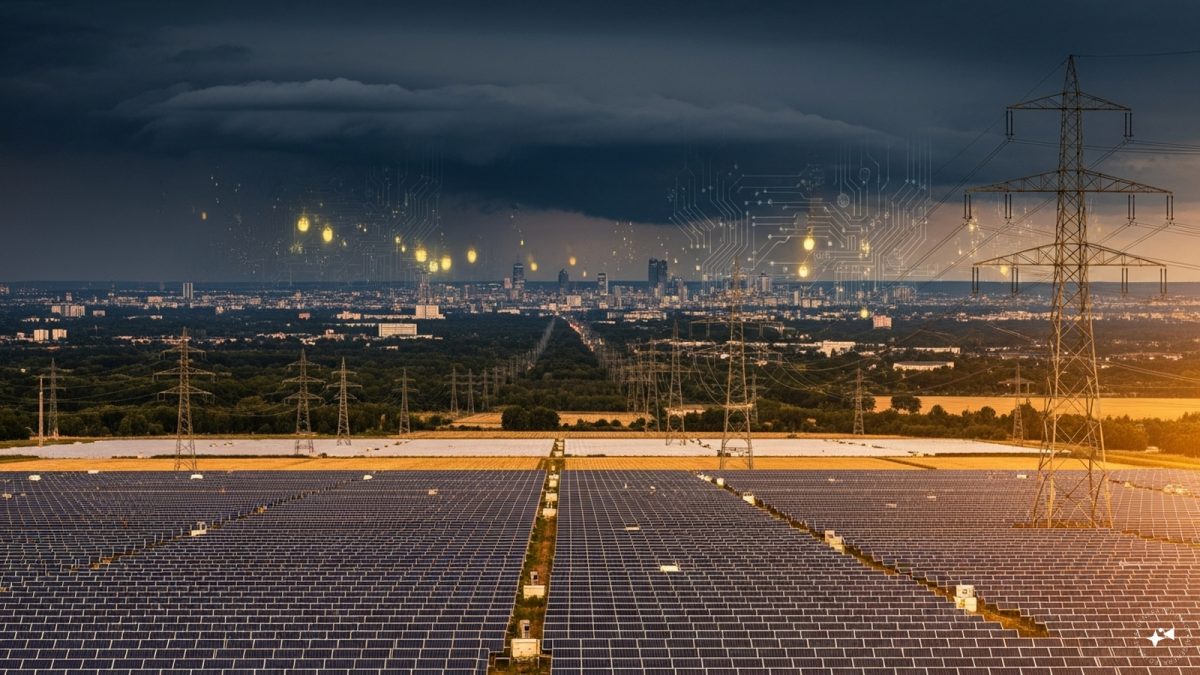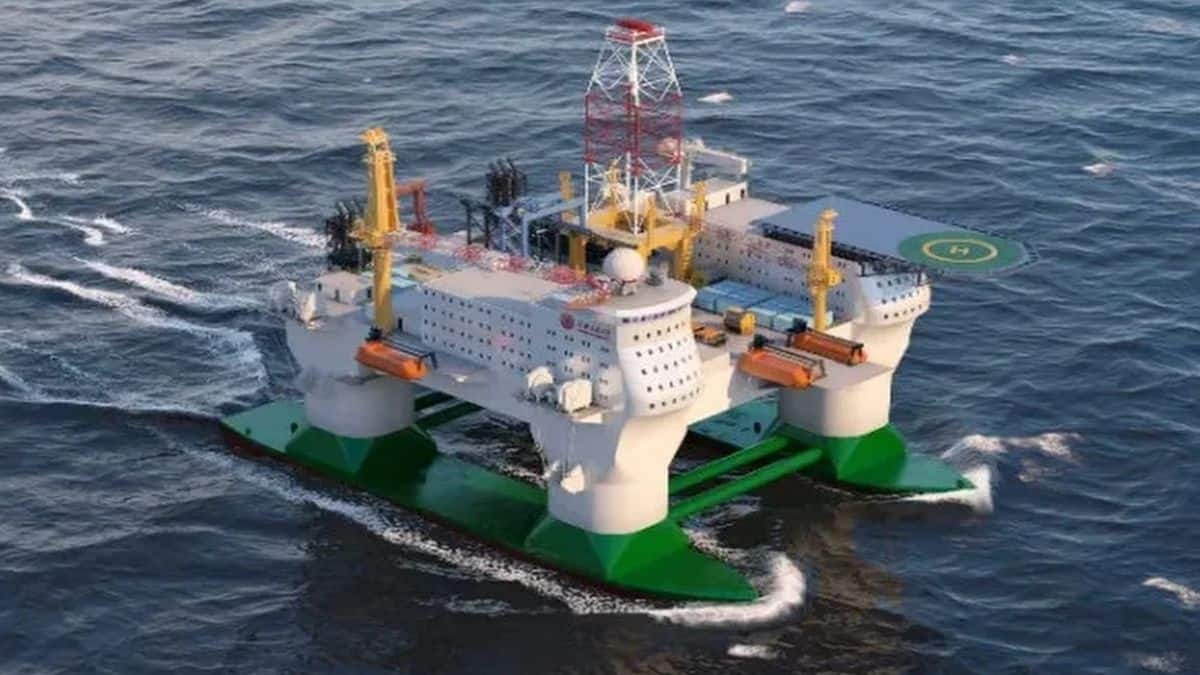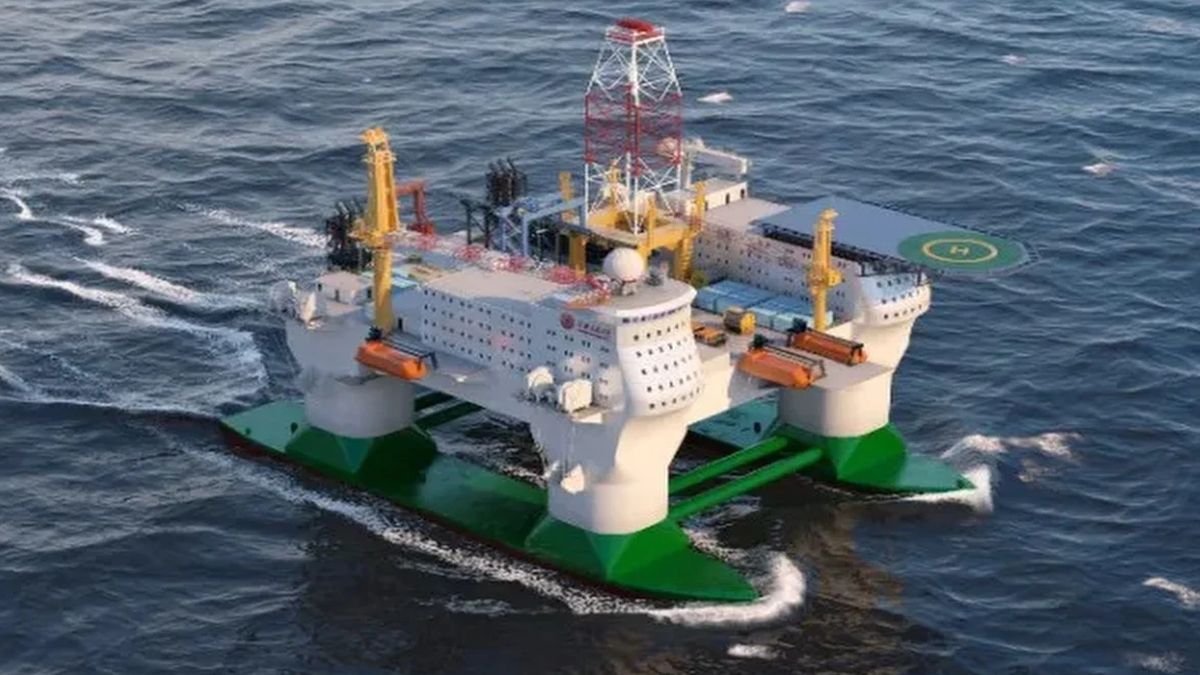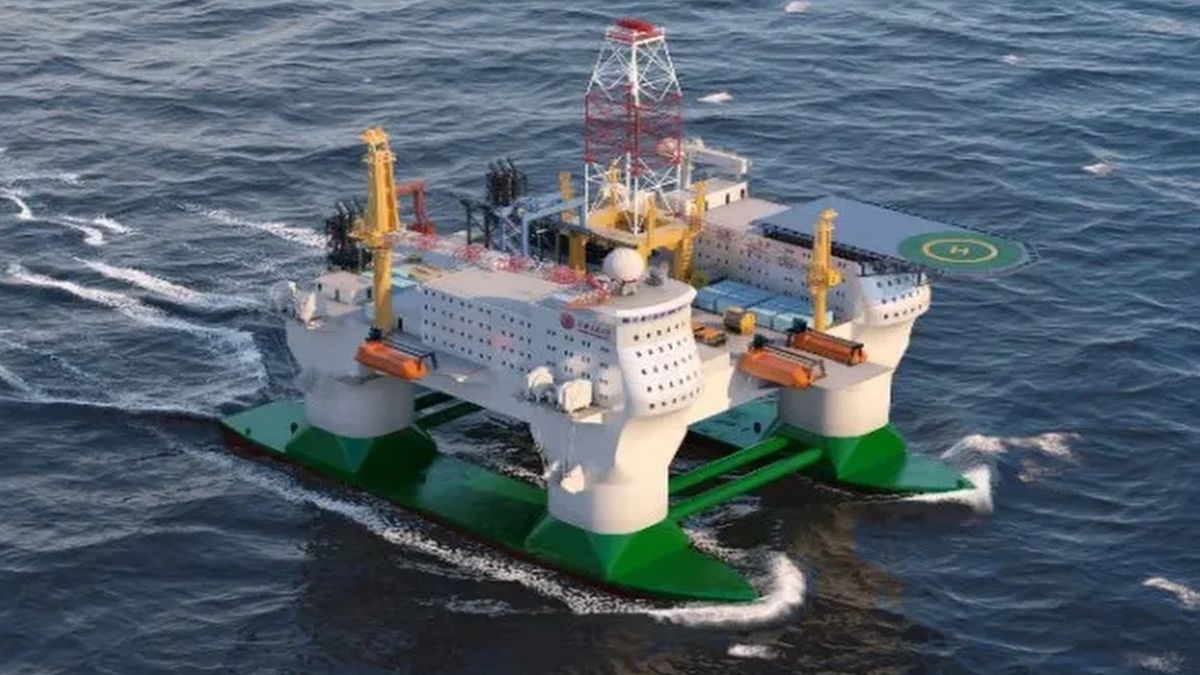Europe’s fast-growing solar sector has opened up a new strategic worry: what happens if China — now dominant in key parts of Europe’s clean-energy systems — cuts the power or disrupts the grid? The concern has become more urgent after a recent shock that exposed just how fragile Europe’s electricity networks can be.
According to European Council on Foreign Relations report, at 12:33pm on April 28th, the Iberian Peninsula went dark. A loss of just 2.2 gigawatts, roughly the output of two nuclear plants, cascaded into a regional blackout, severing links with France and leaving more than 50 million people without electricity for 12 hours. Spain estimates the cost at €4bn.
While Iberia is more exposed than most European regions due to limited cross-border interconnections, energy experts warn that smaller disruptions of only a few hundred megawatts could trigger continent-wide instability, added the report.
Chinese researchers — and likely Beijing’s security apparatus — have studied Western grids extensively, analysing which nodes are most vulnerable and how failures propagate.
A new strategic dependence
According to the report, the core of Europe’s emerging dilemma lies in its heavy reliance on Chinese-made solar inverters — the devices that convert solar energy into grid-ready electricity.
Chinese companies now control more than 220 gigawatts of installed European capacity through these remotely programmable units. Huawei, labelled a “high-risk” vendor in many EU telecoms systems, has become the region’s leading inverter supplier.
Quick Reads
View AllIn normal circumstances, inverters help stabilise grids. In a more adversarial geopolitical environment, however, they could become leverage points.
Their cloud-based management systems receive software updates, adjust voltage and frequency, and can be shut down or manipulated remotely. Clean-energy generation may be decentralised, but the digital systems that control it are increasingly centralised — and more vulnerable, added the report.
This dependence stretches beyond solar panels. As Europe prepares to spend hundreds of billions on grid modernisation, China is expanding into other power equipment markets, from transformers to grid-management software.
Beijing has shown a willingness to weaponise supply-chain dependencies — from rare earths to automotive chips — and Europe’s grid could be next.
How an inverter becomes a weapon
Analysts outline several risks. State-backed actors could inject malware that disables inverters en masse, shutting down hospitals, transport systems and emergency services. Cyber teams might map vulnerabilities to maximise disruption. Even without a cyberattack, China could simply restrict access to components or maintenance, forcing costly equipment replacements and leaving known vulnerabilities unpatched.
Europe did not lose control of this critical technology because Chinese products are inherently superior, but because they are 20–30% cheaper — thanks to scale, subsidies and a protected Chinese home market.
Beijing’s cybersecurity rules effectively exclude Western companies from selling internet-connected inverters in China, even as Chinese suppliers saturate Europe.
The imbalance is reinforced by China’s 2017 National Intelligence Law, which obliges all companies to assist state intelligence services. Firms must also report software vulnerabilities to the government and cannot share them with foreign partners—raising profound trust concerns for infrastructure operators.
Europe searches for leverage
The EU faced similar dilemmas during the rollout of 5G, concluding that technological performance does not equal political trust. A comparable framework for energy infrastructure is now needed — one that weighs both cybersecurity and economic security.
According to European Council on Foreign Relations report, policy options are emerging.
Brussels could declare high-risk vendors ineligible for grid-connected hardware or software. Upcoming revisions to the Cybersecurity Act and Cyber Resilience Act may allow EU-wide bans.
Funding tools such as the Net Zero Industry Act and the proposed European Competitiveness Fund could condition public support on the exclusion of risky suppliers, added the report.
Trade defences, including anti-dumping probes into inverter imports, may protect Europe’s shrinking manufacturing base. Public lenders such as the European Investment Bank could deny financing to operators buying from high-risk vendors, echoing measures taken during the 5G transition.
Finally, the EU may push allies to adopt parallel “trust standards” in their grids, using G7 coordination and bilateral deals such as Global Gateway to reduce global exposure.
Whether Europe can act quickly enough — and decisively enough — to prevent a critical energy dependency from becoming a strategic vulnerability now looms as a question of both security and sovereignty.
With inputs from agencies


)

)
)
)
)
)
)
)
)



